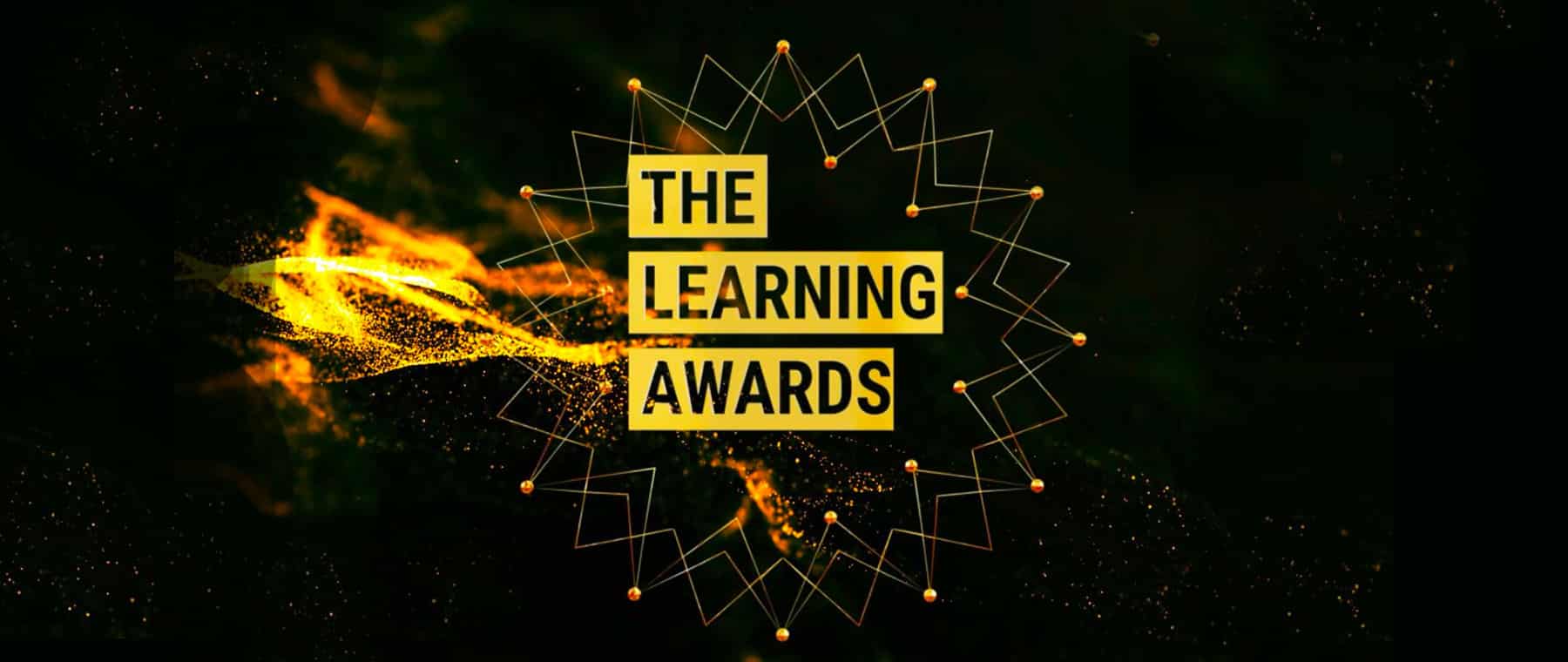I’m not the first author to open a post directing all credit to noted Stanford psychology professor Carol Dweck, and I won’t be the last.
Her work on the growth mindset has inspired people from all walks of life to achieve more than they previously thought possible. There are valuable lessons here that apply to the world of business, as well as sports, parenting, relationships and any other area of life you care to think of.
The growth mindset
The core component of Dweck’s theory hinges on the different life outcomes experienced by those with a growth mindset and those with a fixed mindset. The former believe their talents and end products can be improved by recourse to training, improved strategy and by taking on-board external feedback, while the latter are more likely to view talent as innate and see far more limitation in terms of their propensity for improvement and development.
Those people with a fixed mindset tend to spend their time in the office avoiding challenges, limiting the expenditure of effort, feeling threatened by other people’s successes and documenting their own wins. Conversely a love of learning and a desire for advancement means those with more of a growth mindset tend to embrace change, learn from constructive criticism, find inspiration in other people’s success and strive to achieve more in their own performances.
The deterministic world view common in fixed mindsetters means they tend to plateau and achieve less than their full potential may have allowed. But for the people with growth mindsets, who feel liberated by a greater sense of free will, unbound achievement awaits.
While Dweck herself cautions against oversimplifying the two types into black and white (we’re all somewhere on the spectrum), it’s pretty obvious which of the two groups are more likely to contribute meaningfully to your business. When you look around your organisation, at your recruitment processes and in the mirror, do you see a growth mindset?
MVF’s growth mindset
MVF is far from being the only company to have embraced the ideas presented by Carol Dweck’s theory. Companies around the world have jumped on the idea, some more authentically than others. But like any strategic business initiative, it’s no good just talking a good game. You need to make sure you practice what you preach.
Here are four ways in which MVF has embraced the growth mindset. How do you stack up?
1) Rewarding achievement
A commitment to experimentation, repeating what went well, and cutting out what didn’t work sits at the heart of good digital marketing. And that philosophy underpins much of what goes on at MVF. It’s acknowledged that some things won’t work, but a willingness to learn from your mistakes is a key element of a healthy growth mindset. MVF encourages innovation and rewards success.
2) Regular learning
It’s not just learning from your own activities that’s important, but also drawing inspiration from things that are happening outside your immediate sphere. Regular interdepartmental presentations punctuate life at MVF, and are seen as a great way of sharing knowledge throughout the organisation. We also have several areas of our intranet dedicated to sharing best practices, as well as training budgets for everyone in the business, and a commitment to mentoring too.
3) Sharing in success
Regular company-wide get togethers also serve as an opportunity to share and celebrate successes. Going out for lunch when your department meets a target is good for building unity in the immediate team but by sharing success stories from across the organisation we’re able to publically credit those responsible, as well as inspire other areas of the business to pursue and document their own successes. Celebrating each other’s wins helps build a fantastic sense of commonality, and means that doing well is part of the corporate culture.
4) Hiring approach
As mentioned at the outset, people more inclined towards the fixed mindset are likely to see less value in sessions designed to share best practice, and may even react negatively to seeing colleagues lauded for their achievements. But at MVF fixed mindsets are few and far between. Our recruitment processes are designed to prioritise value-based assessments over recruitment based on experience. How well a potential recruit aligns with our company values and the culture that exists is very important. Intrinsic values and behaviours are much harder to teach than the mechanics of how to do the job.





















